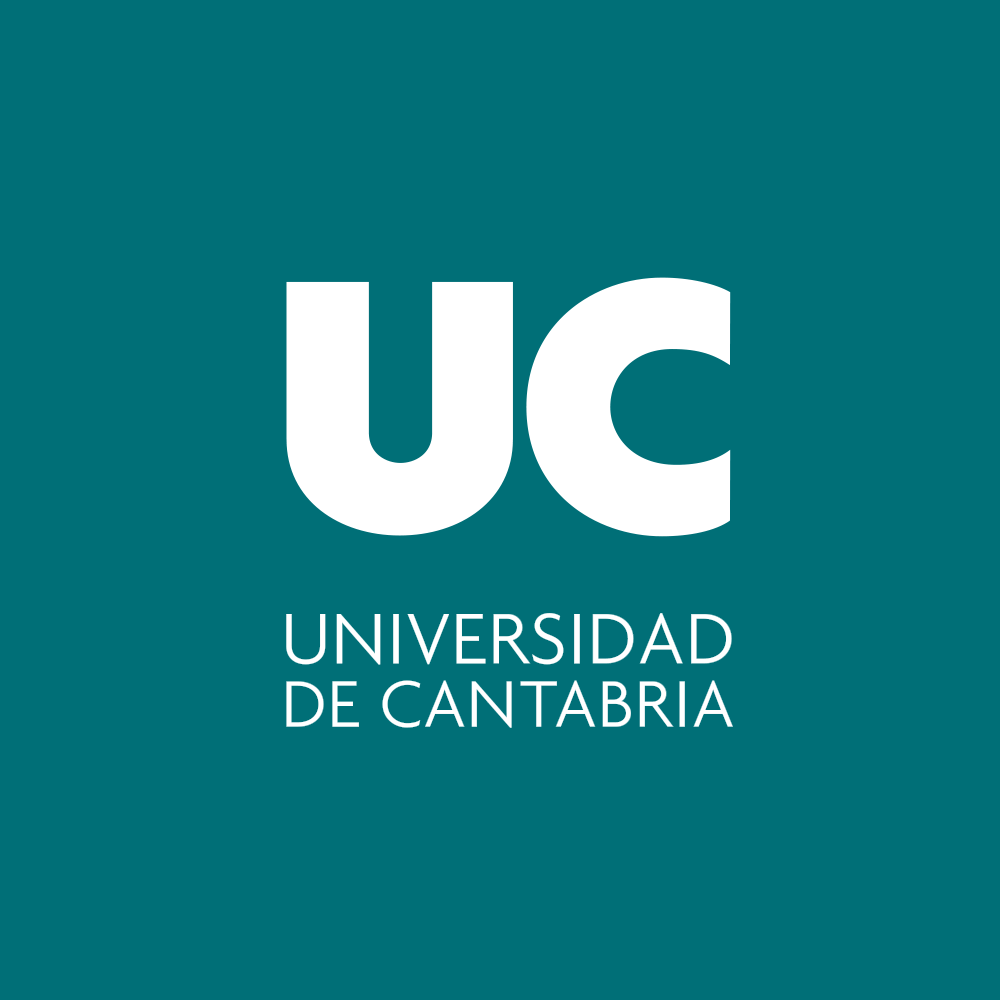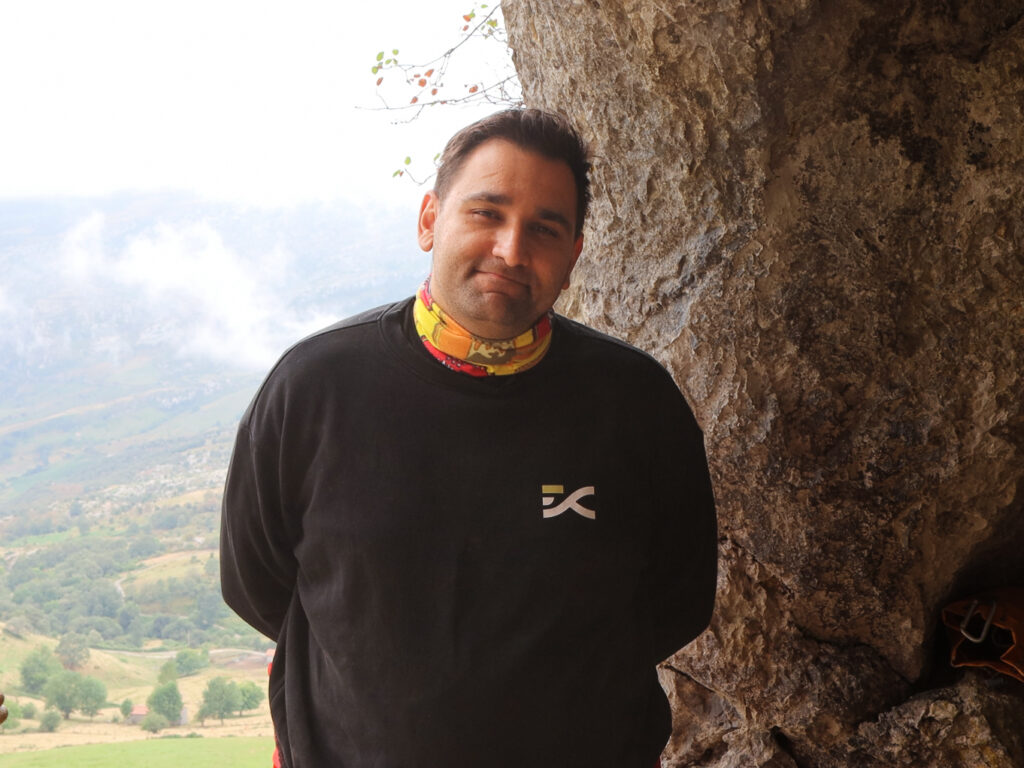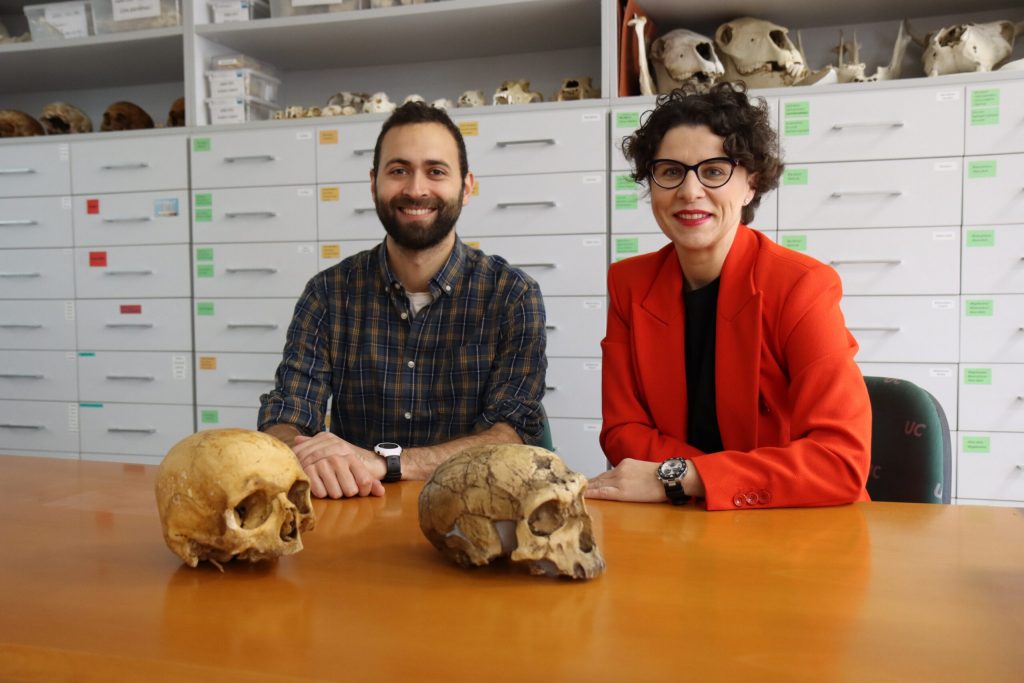Human migrations between the coast and the interior of the Iberian Peninsula at the end of Prehistory confirmed
A pioneering study by the EvoAdapta Group at the University of Cantabria creates the first sulfur isotopic map proving human migrations during the Late Prehistory A team from the EvoAdapta Group at the University of Cantabria, together with collaborators from national institutions (University of Valladolid; University of Burgos; University of Oviedo; Junta de Castilla y […]




